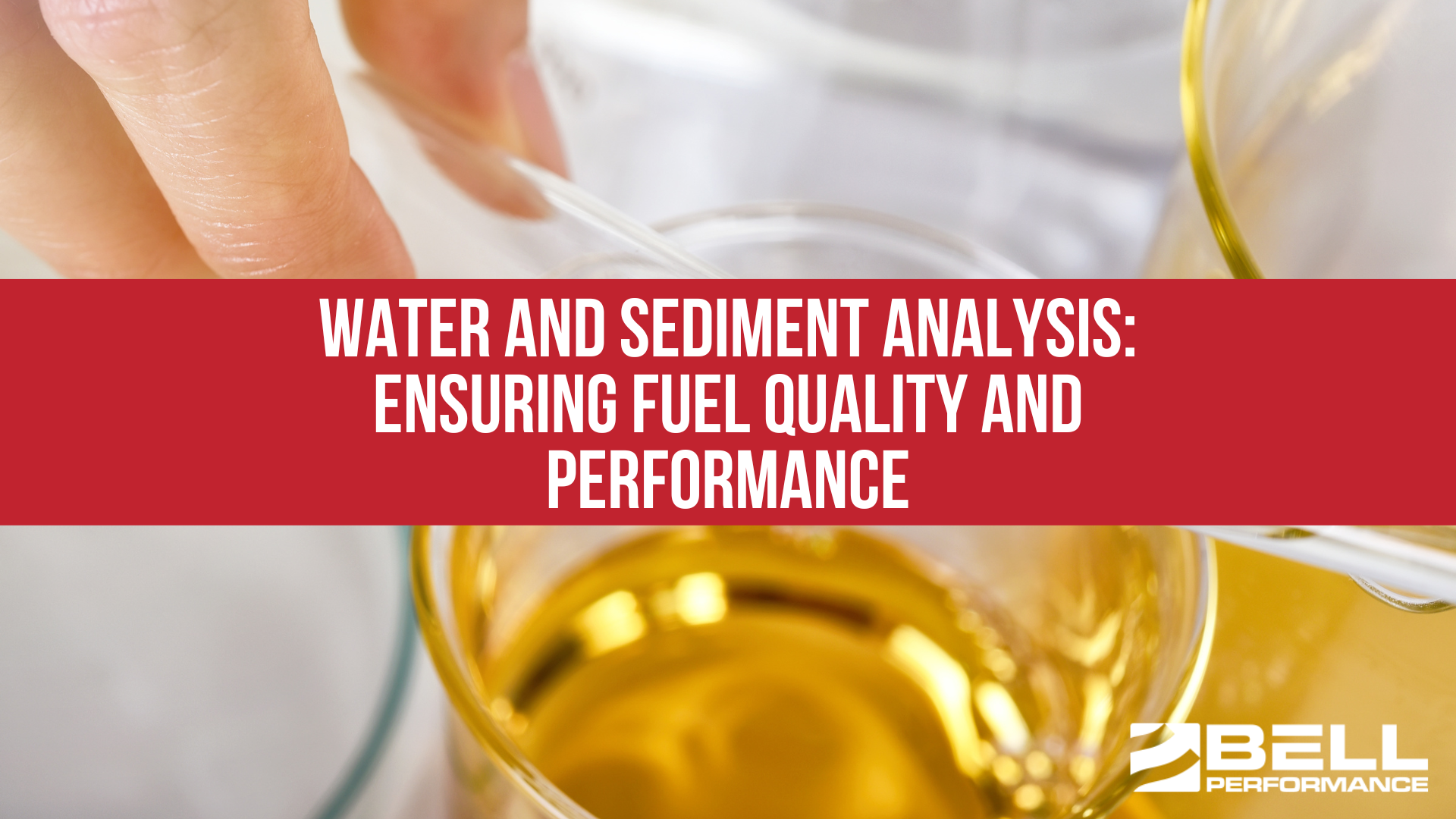Fuel Testing & Understanding Your Fuel's Properties
Taking care of today's problematic stored fuels is best done with the three-pronged Hybrid Approach - the right chemicals, the right mechanical...
The world of fuel standards can be a maze of information, and navigating through it can be daunting. One of the most common misconceptions in this area is the 'Myth of ASTM D975.' But to truly comprehend this myth, one must understand the nature of fuel tests.
Most of the ASTM D975 tests are descriptive in nature, showing what's true of the fuel at the time of testing. Predictive tests, on the other hand, focus more on future indications. They aim to give an idea of what might happen down the road if things remain the same.
For instance, a test not explicitly in D975 but of great significance is the stability test. There are two main stability tests - oxidative and thermal. The more common one is the oxidative stability test. Instead of indicating current issues like high water and sediment levels, it predicts possible future problems. The test typically involves exposing the fuel to increased oxygen and heat levels to speed up the natural chemical reactions. The objective? To determine potential future issues if nothing changes.
One might assume that a fuel with a bad stability score currently has elevated sediment levels. But that's not necessarily the case. The actual concern is the presence of reactive molecules in the fuel. These molecules drive and participate in chemical chain reactions over time, leading to sediment formation. Hence, the elevated stability score indicates a higher content of these reactive species in the fuel.
However, the oxidative stability test is predictive. It induces reactions in the fuel to see if the condition changes as a result. This distinction is crucial. It highlights the difference between current fuel composition and what we might expect in the future if conditions remain unchanged.
In essence, the myth of D975 is the belief that if one's fuel meets all the D975 specs, then it's perfect both now and in the foreseeable future. But is this belief valid?
For the present, this assumption holds somewhat true. If your diesel fuel meets all D975 criteria, it should work efficiently in your diesel engine. Key factors like flash point, distillation temperature, water and sediment levels, and viscosity would be just right. Situational exceptions exist, such as cold flow and cetane level requirements, but D975 offers a comprehensive assessment for the present moment.
However, the future is where the myth falters. Relying solely on D975 to predict future fuel performance is a leap of faith. The standards mainly offer a descriptive analysis and are not intended to be predictive like oxidative stability tests. The future remains an 'uncertainty black hole.' Just because a fuel's condition is perfect now doesn't guarantee it'll remain so.
The D975 does not specify requirements for microbial contamination or stability testing. High microbial levels in fuel could cause issues like corrosion and sediment buildup. However, if a fuel is contaminated but doesn't display any of these symptoms, it could still pass the D975.
Similarly, while a bad score on a stability test indicates potential future problems, it doesn't guarantee them. Fuel storage conditions, additives, environmental factors – anything could change the fuel's fate.
The ASTM D975 is undeniably a robust standard, providing crucial insights into a fuel's current condition. However, resting one's laurels on it for future performance is misguided. Best practice fuel management should encompass more than just the D975 tests. Understanding the myth surrounding it is the first step in ensuring the longevity and efficiency of stored fuels.
Taking care of today's problematic stored fuels is best done with the three-pronged Hybrid Approach - the right chemicals, the right mechanical...

The world of fuel management is more complex than ever, ensuring fuel quality is paramount to maintaining both the continued health and optimal...
Fuel testing is a crucial pillar for maintaining fuel quality and ensuring optimal engine performance. It tends to be overlook due to its...